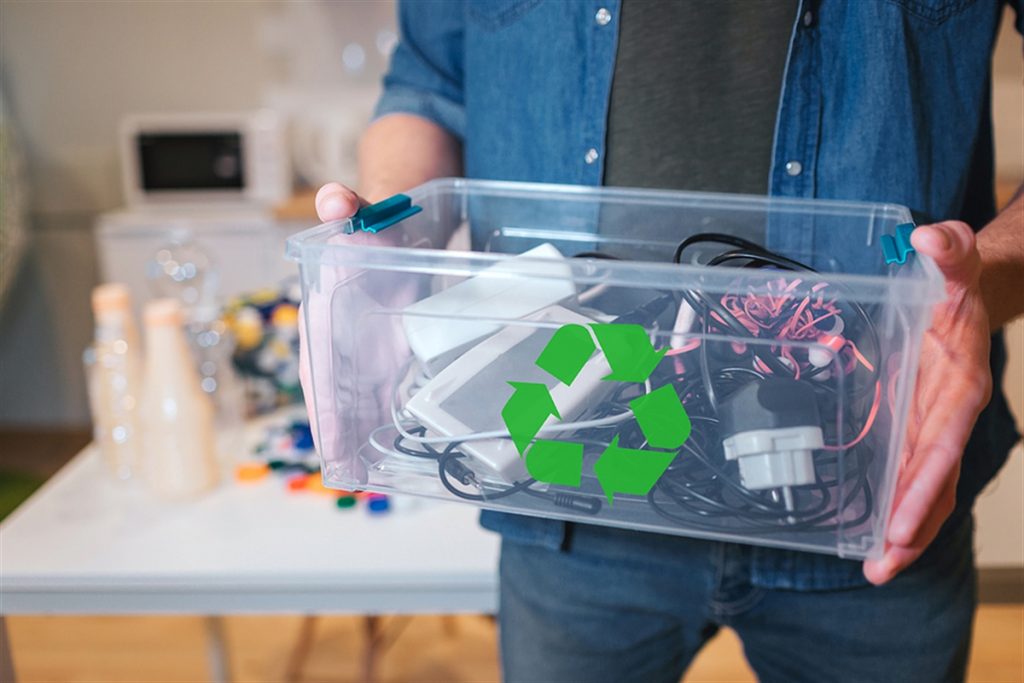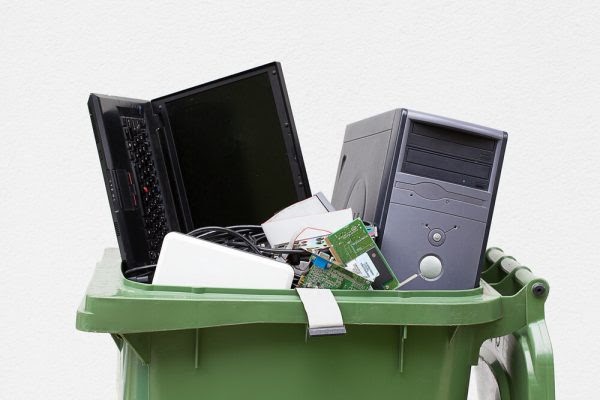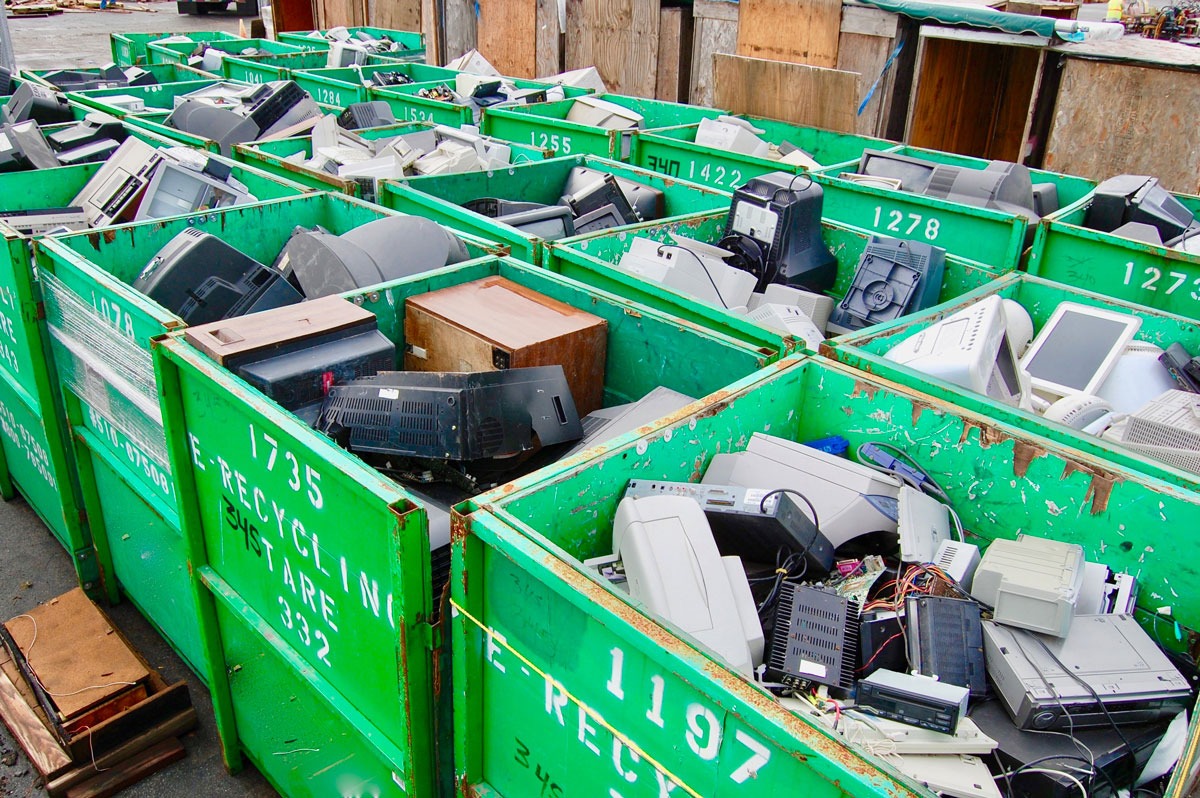E-Waste
Search by category
Latest Articles / Category Search
12 E-Waste Facts The Planet Needs You To Know
Did you know that every year, millions of metric tons of electronic waste is disposed of worldwide, with only a very small percentage of it being recycled properly? We’re here to help you discover the e-waste facts that the planet needs you to know and why it’s important that we all practise proper waste management. … Continued
How to Dispose of Electrical Appliances
In Adelaide, strict rules are enforced on how to dispose of electrical appliances, including computers, televisions and other electronics. Due to the hazardous materials that come from electronic waste disposal (e-waste), getting rid of old laptops or household appliances isn’t so simple – which is why the team at Just Skips want to make sure … Continued
The Importance of Recycling e-Waste for the Environment
Electronic waste – or e-waste – is more prevalent now than ever, especially in an age where we all have phones, laptops and computers. Let’s be honest, most of you probably have old mobile phones sitting in a drawer at home or a disused computer taking up space in the study, so why not recycle … Continued
A Growing Mountain of E-Waste
Ever wondered what happens to your old computers or iPhones once you upgrade? Record amounts of e-waste were discarded around the world in 2014 and according to research conducted by the UN University, 42 million tonnes (42 billion kilograms) of electrical and electronic waste is added to global landfill stocks each and every year.
The Australian government has developed an e-waste recycling scheme that allows everyone to recycle their electronic waste for free. This way, the valuable materials, including aluminium, gold, silver, and copper can be recovered and reused for something new. However, you can’t just throw your electronics into the yellow recycling bin. You will need to take them to a free recycling drop-off point yourself.
Learn more: E-waste recycling process: what happens to your electronics
Electronic devices are built to withhold and withstand the effects of time and decomposition. Glass on your mobile will take around 1 million years to break down, the plastic on your computer mouse is estimated around 3-4 million years to decompose and your heavy-duty battery will last a similar time period.
It’s estimated that around 23 million mobile phones are discarded in Australia each year, either thrown in a drawer or forgotten about. This is a significant amount of e-waste that could be recycled to recover valuable materials and prevent hazardous materials from being released into the environment.





